Are you trying to choose the most sustainable, ethically sourced type of shrimp? Is wild caught shrimp the best option?
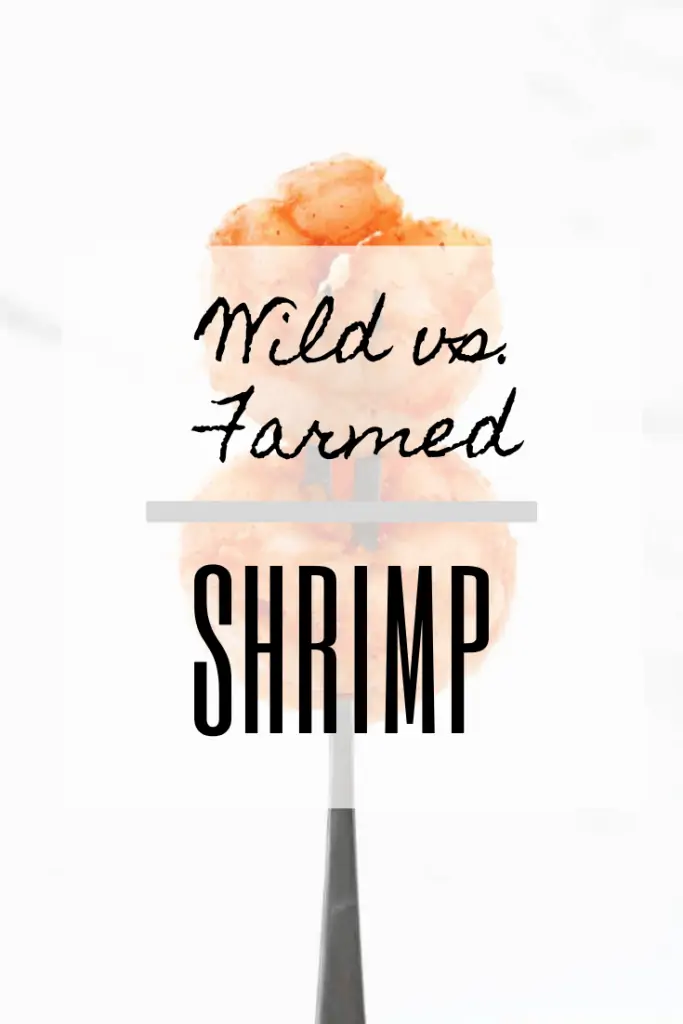
A few years ago, I heard a truly disturbing episode of KCRW's podcast "Good Food" that highlighted an Associated Press report on Slavery in the Seafood Industry.
In particular, the report focused on farmed shrimp originating in Southeast Asia.
I listened in rapt attention, and sadly realized that it's entirely possible that I'd been buying shrimp that originated in these poorly managed, unethical shrimp farms for years.
Has the problem gone away?
No, at least not entirely, and poorly labeled seafood can make it hard to know what you're buying.
Is Wild Caught Shrimp Better than Farmed Shrimp?
Is wild shrimp a better option? Maybe-- but there are problems there too.
Sadly, one of the main ways to catch shrimp is bottom trawling, which has an very high bycatch rate.
In other words, a lot of other species and plants are picked up right along with the shrimp.
Environmental disasters (like the BP oil spill), can also affect shrimp availability and safety.
So, what can we do?
Is shrimp still a responsible choice?
How to Buy Sustainable Wild Caught or Farmed Shrimp
Step one is to buy a little bit less shrimp, and try to include other, more sustainable options in your diet.
Step two: understand what you're buying.
If you're near the ocean, maybe you've got a fishmonger that you can talk to. For the rest of us, we need to read labels.
Here's what to look for:
Look for RAW shrimp, Peel-on.
Pre-cooked shrimp tend to be overcooked and rubbery.
You can test this yourself-- raw shrimp that you cook at home will win every time.
As for the peel-- the fewer people who handle your shrimp before it arrives in the store, the better.
Plus, a lot of the shrimp slave-labor issues go back to shrimp-peeling factories.
You might also see "E-Z Peel Shrimp"-- these have been split and deveined.
My preference is to skip these, because again-- the fewer people who handle your shrimp before it arrives in the store, the better.
Look for Sustainability Certification Labels or Traceability Information
Marine Stewardship Council has certifications for wild shrimp
Best Aquaculture Practices, Aquaculture Stewardship Council, or Global Aquaculture Alliance provide certification labels for farmed shrimp.
Buy shrimp caught in American waters or farmed in America. The USA's shrimp is much more regulated than imported shrimp.
If you can't find certification labels, stick to non-imported shrimp.
Check for Chemical Additives
Shrimp are sometimes treated with chemical additives that plump them up and make them larger.
Check the label on the shrimp packaging, and make sure it only lists shrimp.
Want to learn more about shrimp? Read this: Shrimp Shopping Guide

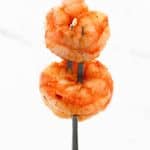
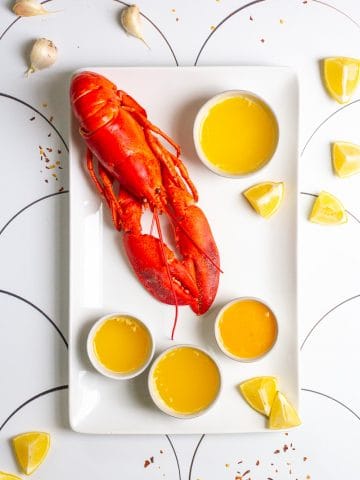
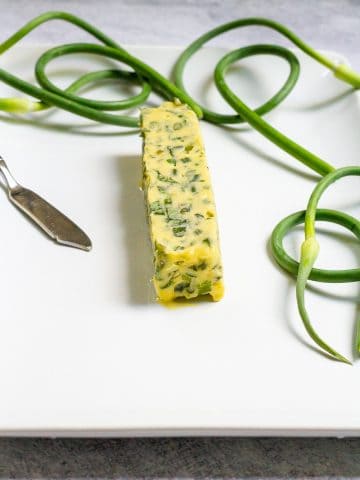
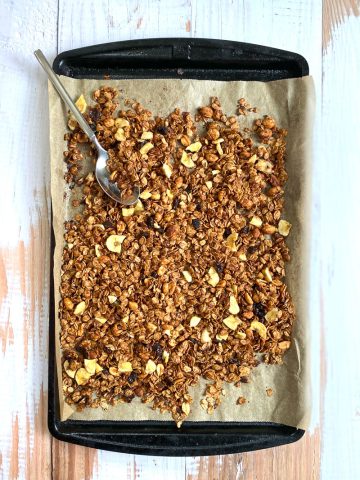
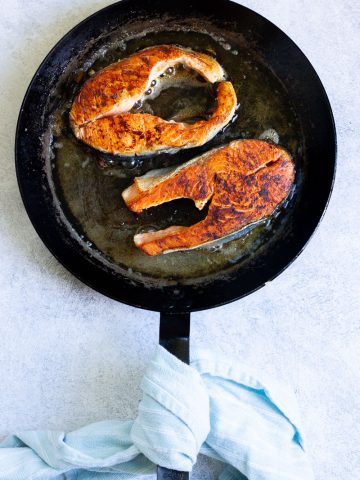
Leave a Comment: